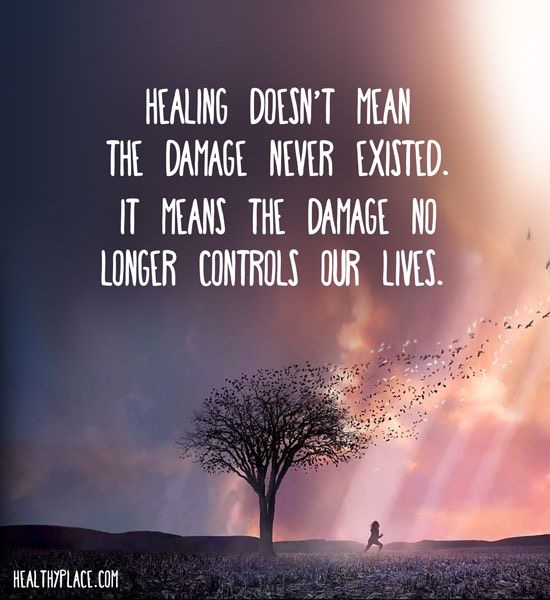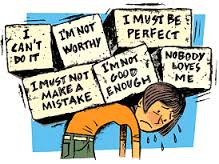I was recently interviewed on BBC Radio Berkshire, I was incredibly grateful for the opportunity to raise awareness of eating disorders and the importance of early diagnosis and treatment. However, as part of telling my story, I was asked how much weight I had lost. In no way do I want to attack the presenter, I’m actually grateful that he’s raised an important issue that’s not really spoken about except within the recovery community.
Talking about numbers is a key factor that’s different between pro-Ana/Mia websites and the recovery community. If you come across a forum claiming to support people with their eating disorders, and people have l.w., h.w. or g.w. etc in their signature, alarm bells should ring. (Lowest weight, highest weight and goal weight)
 Just imagine, you have an illness that tells you “you’re too fat/heavy”; you need medical treatment but you don’t think you deserve it, you don’t think you’re ill enough. You look online for some support and you see people who are aiming for lower weights and not seeking treatment. What are you going to think? Your illness tells you, you need to lose more weight!
Just imagine, you have an illness that tells you “you’re too fat/heavy”; you need medical treatment but you don’t think you deserve it, you don’t think you’re ill enough. You look online for some support and you see people who are aiming for lower weights and not seeking treatment. What are you going to think? Your illness tells you, you need to lose more weight!
My weight, when ill, was low enough to fit the diagnostic criteria for diagnosis, therefore, what would me sharing the specifics of my weight/weight loss add to my story? If it was a shocking amount, would my story have more gravity? Would people be more likely to listen? If it wasn’t a shocking amount, would people question my story? Would people think I hadn’t really been ill? Weight loss was just one symptom of my illness. People with other (just as dangerous) eating disorders may be a healthy weight.
In my interview I wanted to share that important early diagnosis and treatment are vital, delaying treatment means delaying recovery, however, I also wanted to offer hope, if you’ve been ill for a long time, recovery is possible. My message would have lost its profundity if people were distracted by the numbers.
 Being embroiled in an eating disorder, for some people, is all about numbers:
Being embroiled in an eating disorder, for some people, is all about numbers:
- Weight
- Weight loss/gain
- Calories consumed
- Calories expended
- Weight of food
- Nutritional breakdown
- Number of steps
- Waist/thigh/arm etc measurements
The list is endless!
 When I was ill, if it was possible to count it, my brain seems to do it whether I wanted it to or not! When I was recovering, one of the last things I stopped doing was having to cut my food into a specific number of pieces. Even now, I sometimes fall into the habit of counting, just because those neural pathways are well worn and it takes more effort not to follow familiar patterns.
When I was ill, if it was possible to count it, my brain seems to do it whether I wanted it to or not! When I was recovering, one of the last things I stopped doing was having to cut my food into a specific number of pieces. Even now, I sometimes fall into the habit of counting, just because those neural pathways are well worn and it takes more effort not to follow familiar patterns.
I knew people with eating disorders would be listening to the radio, I did not want to trigger people into thinking about numbers, nor did I want to feed into people’s beliefs that to have an eating disorder you should be a certain weight or have lost a certain amount.
If you’re supporting someone recovering from an eating disorder, it’s helpful to avoid number talk, it’s triggering and unnecessary. Of course, some number talk will be necessary between dietitian/psychiatrist etc and patient, and a diet plan may involve some numbers but keeping it to a minimum is important.
Supportive forums will have a ban on numbers being mentioned. They’re not important, discussing how you feel or what you think is far more beneficial. A vital part of recovery is turning your back on the numbers, it is possible to be free from the grip of numbers.



 I can’t remember ever being ok with my body; of course, I probably was when I was a toddler, when I had no idea that judging one’s body was even a thing, but as far back as I can remember, I’ve looked at bits of my body with disappointment or even disgust and generally felt it’s overall too big.
I can’t remember ever being ok with my body; of course, I probably was when I was a toddler, when I had no idea that judging one’s body was even a thing, but as far back as I can remember, I’ve looked at bits of my body with disappointment or even disgust and generally felt it’s overall too big. People recovering from anorexia find weight gain really difficult, being underweight is a fundamental aspect of the disorder. It’s not about vanity, poor body image goes hand in hand with the disorder that strips you of your value and worth.
People recovering from anorexia find weight gain really difficult, being underweight is a fundamental aspect of the disorder. It’s not about vanity, poor body image goes hand in hand with the disorder that strips you of your value and worth. Body neutrality, however, could be within reach! Being neutral towards our bodies is about not necessary liking our body but it’s about accepting it. It’s ok to have flaws, to notice them but be ok with them.
Body neutrality, however, could be within reach! Being neutral towards our bodies is about not necessary liking our body but it’s about accepting it. It’s ok to have flaws, to notice them but be ok with them.


 I spent many moments crying in the toilet. But this just led to guilt, I couldn’t do my job hiding and crying, so I’d dry my eyes and put on a brave face.
I spent many moments crying in the toilet. But this just led to guilt, I couldn’t do my job hiding and crying, so I’d dry my eyes and put on a brave face.
 However, we discussed that criticism can help us develop and be better people. This, of course, has to be the magical ‘constructive criticism’ – to give this kind of advise is about finding the right balance.
However, we discussed that criticism can help us develop and be better people. This, of course, has to be the magical ‘constructive criticism’ – to give this kind of advise is about finding the right balance. This recognises the capacity of the tongue and that it can be used to accomplish great things. I’ve been challenged to tame my tongue, to think before I speak and (not stay silent) but speak with love and compassion, and ensure what I say builds up those around me. If I feel critical or argumentative, I need to consider what is best for the other person – can I rephrase what I want to say so they benefit instead of feeling got at?
This recognises the capacity of the tongue and that it can be used to accomplish great things. I’ve been challenged to tame my tongue, to think before I speak and (not stay silent) but speak with love and compassion, and ensure what I say builds up those around me. If I feel critical or argumentative, I need to consider what is best for the other person – can I rephrase what I want to say so they benefit instead of feeling got at?






















